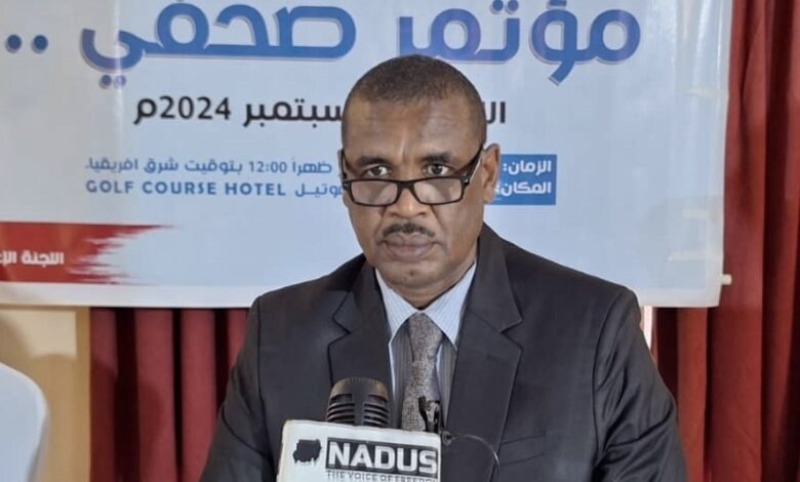Qimam group backs controversial government in RSF-held areas
December 25, 2024 (KHARTOUM) – The United Civil Forces “Qimam” on Wednesday backed a controversial proposal to establish a separate government in areas controlled by the Rapid Support Forces (RSF), further deepening the country’s political divisions.
Osman Abdel Rahman, the Qimam spokesperson, told Sudan Tribune that the proposed government is necessary to fulfil its duties towards citizens, address the humanitarian and economic situation, and rebuild what has been destroyed by the war. He stressed that the government should be formed from “real stakeholders affected by the war.”
The alliance includes two small groups: the Tamazuj Movement and the Sudanese Alliance led by Hafiz Abdel Nabi, tribal leaders loyal to the RSF, and youth groups claiming to represent Resistance Committees.
Established last September, Qimam is widely seen as a political front for the RSF.
Abdel Rahman rejected describing the proposed government as “parallel,” saying that the Port Sudan government has been “illegitimate” since the October 25, 2021 coup and is “military in nature and does not represent all of Sudan.” He added that the prospective government will be legitimate and adopt a balanced foreign policy.
In a meeting held by the large political coalition Tagadum on December 3-6, the Revolutionary Front, headed by Hadi Idris, proposed the formation of a government in the RSF-held areas, but it was widely rejected. This rejection did not prevent the forces supporting this approach from discussing the formation of this administration with RSF leaders in a meeting held in Nairobi some days later.
In a tweet on Wednesday, Youssif Ezzat, the former political advisor to the RSF leader, considered talk of forming a civilian government in RSF-controlled areas as an “attempt to hide under the guise of civilian rule” and avoid declaring a clear position on the war. He warned that this “will cost our youth and communities their lives to protect a government that does not recognize itself as the government of the RSF and its allies.”
Ezzat called for a government led by the RSF commander and including the “stakeholders who paid the price for this war.”
Ezzat’s statements confirm the existence of differing viewpoints among RSF leaders and supporters regarding the form of the proposed government.
Ibrahim Mukhir, an advisor to the RSF commander, had previously denied to Sudan Tribune receiving any official proposal from the Revolutionary Front to form a government during the Nairobi meeting, stressing that the priority now is the battle with the army, “which is hijacked by the Islamic Movement.”

